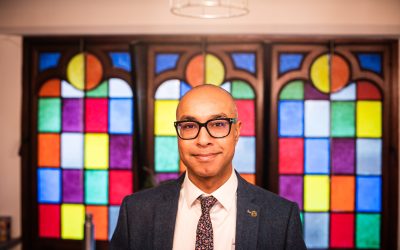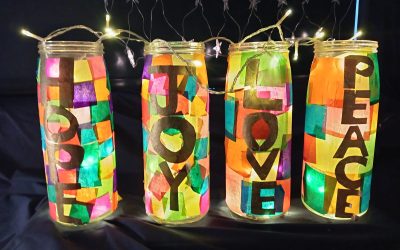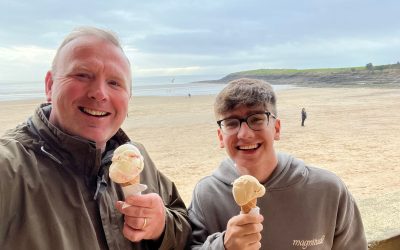The Bible is clear that we should be ‘quick to listen and slow to speak’. In that spirit, at our National Prayer Livestream on June 14 we invited some black and minority ethnic people from Scottish Baptist churches to share their experience and lead us in prayer. As a wider conversation about race continues, in our churches and beyond, we asked Peter Atkins to reflect on that evening.
A few weeks ago Martin Hodson invited me to Co-host the Sunday evening prayer Livestream, our theme was ‘racial justice’. [If you have not seen it please watch it now, what follows will not make much sense without it.] It felt like my public ‘coming out’ as a black person in Baptist circles because this is the first time I have placed my ‘blackness’ front and centre of my contribution. I experienced the whole thing as a spiritual moment of vulnerable and powerful testimony.
 Engaging in these issues over the past weeks has been emotionally and intellectually draining but if my sharing can help white Baptist folk realise that there is a problem here, so that they actually start doing something about it, then it is worthwhile. A white parent in one of our rural churches whose brown child and other non-white children experienced brutal and sustained physical and verbal racial abuse in their local school got in touch with me. They had been blessed by a church member sharing the Livestream, but when the same member refused to engage with her family’s experience of white supremacy in their local context the superficiality of the gesture became clear. Sympathy without solidarity is empty.
Engaging in these issues over the past weeks has been emotionally and intellectually draining but if my sharing can help white Baptist folk realise that there is a problem here, so that they actually start doing something about it, then it is worthwhile. A white parent in one of our rural churches whose brown child and other non-white children experienced brutal and sustained physical and verbal racial abuse in their local school got in touch with me. They had been blessed by a church member sharing the Livestream, but when the same member refused to engage with her family’s experience of white supremacy in their local context the superficiality of the gesture became clear. Sympathy without solidarity is empty.
White supremacist ‘statue defenders’ occupying Glasgow’s George square singing ‘Rule Britannia’ and doing Nazi salutes while beating up non-white people is not the only expression of White Supremacy in this country. Black folks are twice as likely as whites to die in police custody, black women giving birth receive less pain relief than whites, black school kids are more likely than white ones to be labelled as having ‘special needs.’
Intentionally listening to the black Baptist experience of white supremacy in Scotland is a start. However, the sin of white supremacy is primarily a white problem and until white Baptists are actually doing something about it then it will not be at all clear to me that my vulnerability and honesty has actually achieved anything meaningful.



